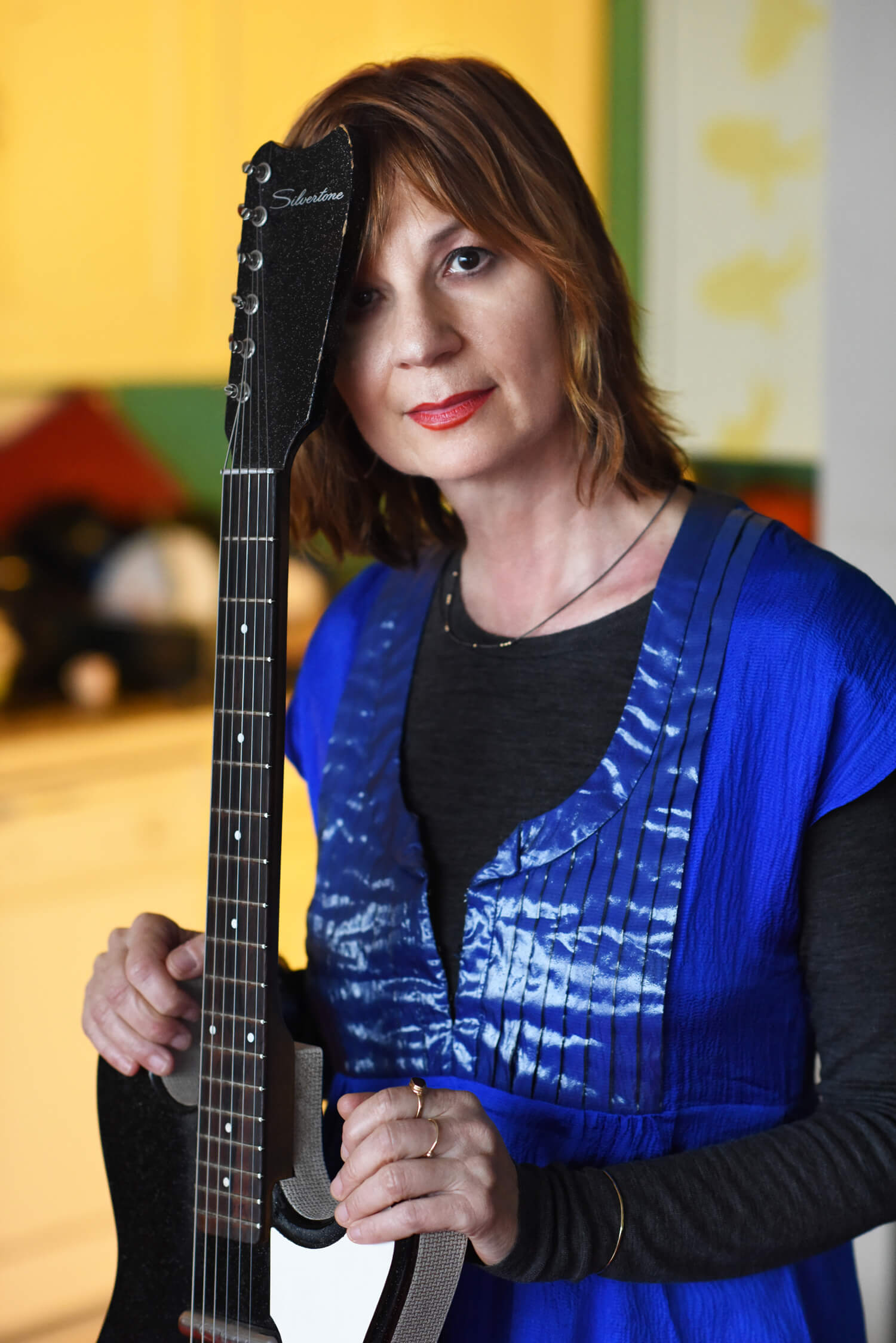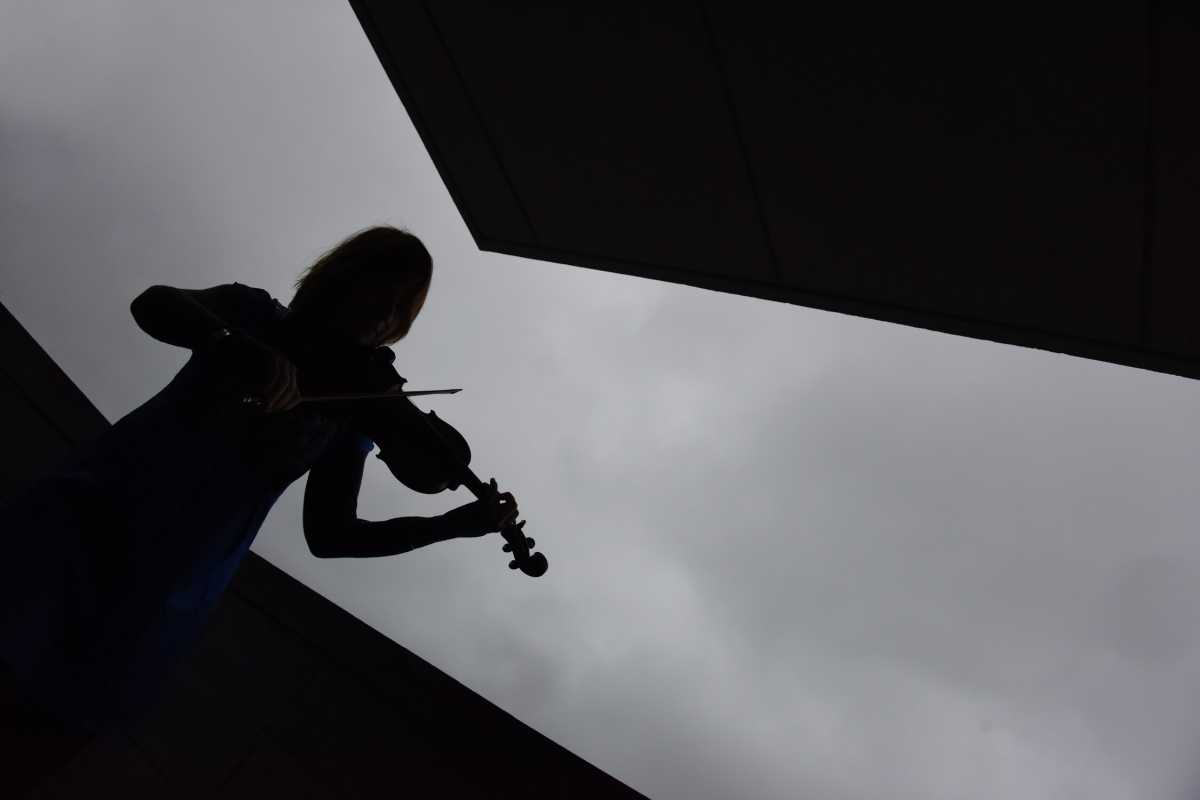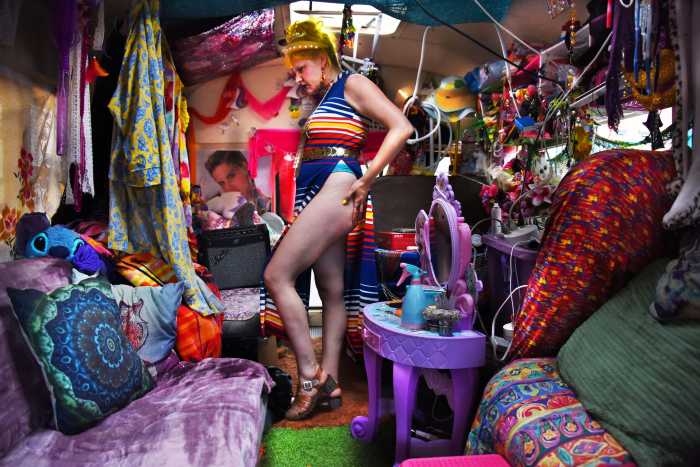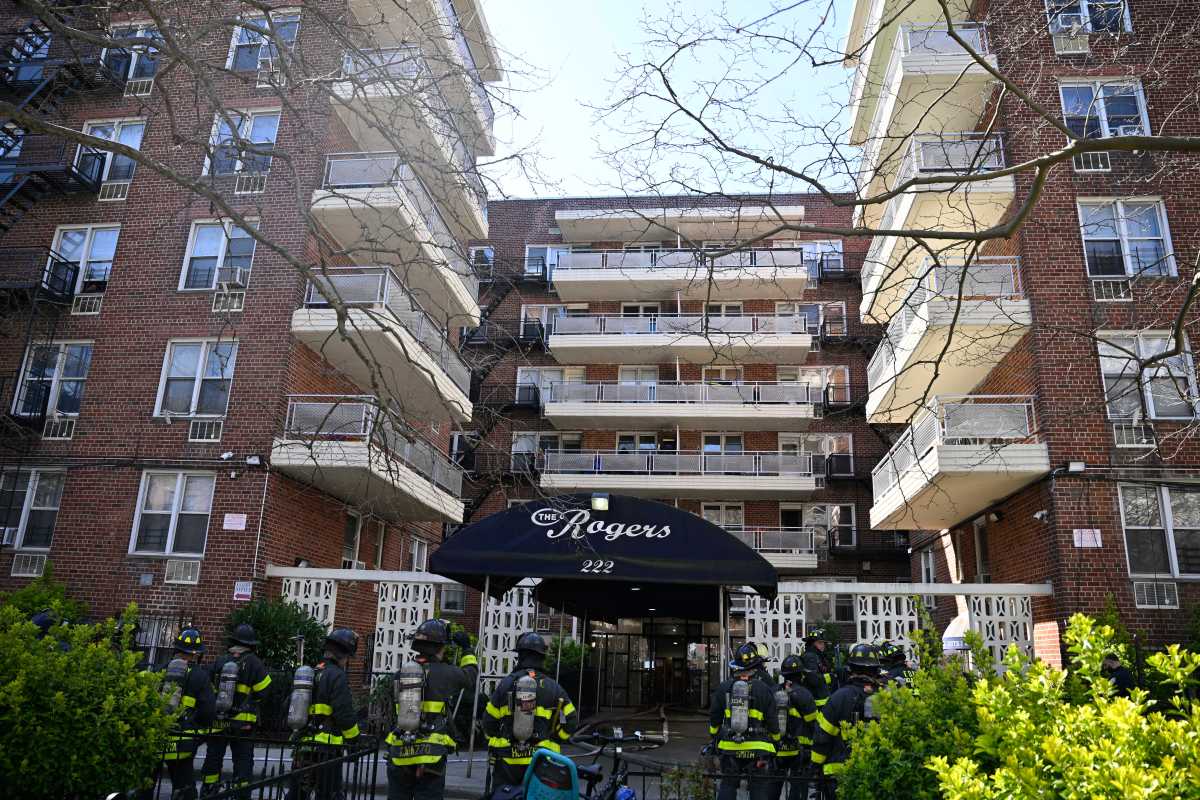Eszter Balint has stories to tell, whether she likes it or not.
“I have a bit of a tumultuous relationship with nostalgia, never mind sentimentality,” she states. “I don’t want to dwell in the past or romanticize things.” The singer/songwriter/musician/
Born in Budapest and raised by an avant-garde theatre collective founded by her parents, Balint lived in Hungary, Paris, Holland and the UK before settling into NYC in 1977 at age 12. After a brief stint in the Chelsea Hotel, the troupe settled into their own building on West 23rd St., where the Squat Theatre began its legendary run alternating experimental theatre productions with live music that featured the cream of downtown’s post-punk scene. “By the time I was 13, this was my crowd, ” Balint relates. “The Lounge Lizards, Bush Tetras, Kid Creole, DNA, the Contortions, Sun Ra,” she recalls. “I used to watch the 50 or so members of Sun Ra’s orchestra loading in when I came home from school.”
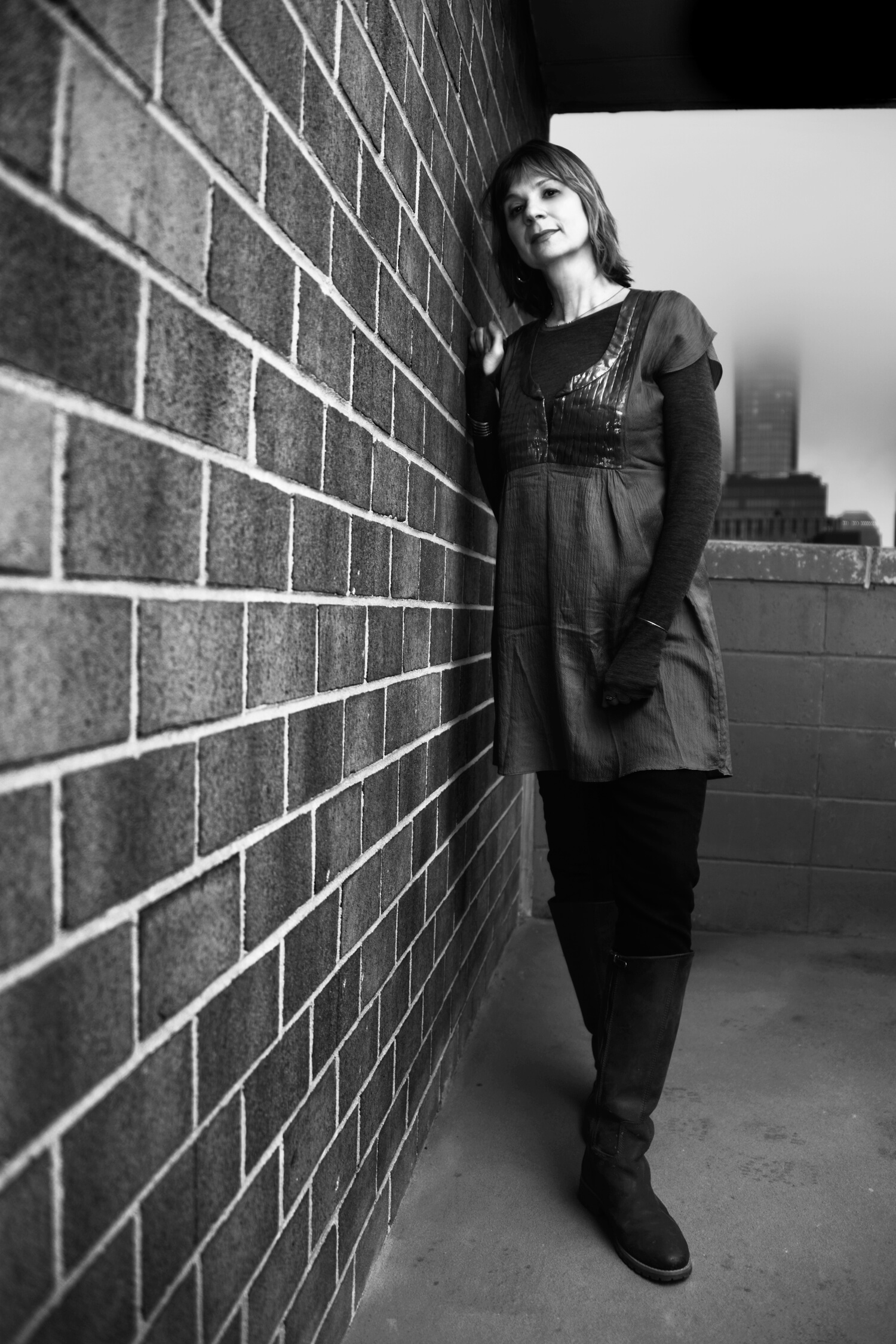
“I became the house DJ and I spent a lot of time hanging out with adults,” Balint recalls. “I was a good student but it got to the point where school interfered with my night life.” Eventually, the young artiste found herself in a 30-minute short film directed by Jim Jarmusch, acting alongside downtown musicians turned actors John Lurie and Richard Edson. Jarmusch managed to extend it into a feature, “Stranger Than Paradise “, which went on to win awards worldwide and turn Balint into something of a celebrity.
“It was sudden, shocking, confusing,” she recalls. “I was 18 when I showed up at a screening and people I had never seen before wanted my autograph. The attention was jarring. ” Although she had some subsequent roles that were very meaningful to her – acting with David Bowie in “The Linguini Incident” and Steve Buscemi in “Trees Lounge”, to name two – her heart was not in movies. “I was quietly pursuing classical singing,” she says. “I moved to LA in 1990 and considered going to a conservatory, but I realized that I was not going to be a classical singer. It was then a long, painful road to unlearn the classical tropes. “
Balint, who had always written poems and prose for herself, began to create her own songs and eventually performed them onstage, but not without some anxiety. “I had a rep as an actress and the baggage that went with that. I felt exposed and insecure. The first gig was a disaster, but music was my true passion.”
The singer fondly – and sadly – recalls how her first LP, “Flicker”, came to be. “Adam Shlesinger, who recently passed away from COVID, put up the money for my first album on his label, Scratchie Records. I feel like I never thanked him properly.” Balint, now back in NYC, “had a million different jobs” while performing in the city and elsewhere, but ” the album didn’t happen.”
She made a second album, the critically acclaimed “Mud” and then took a break from music to raise her son, which she does not regret. ” I loved being a mother,” she admits. “But I kept writing and I got to the point where if I didn’t do something, I would explode.” The next creative burst resulted in “Airless Midnight”, an album that finds reviewers using words like wry, surreal, gothic and wistful to convey her sensibility. Her next project, unfortunately, got sidelined by the pandemic. Scheduled to debut at Dixon Place in March 2020, Balint’s “sort of a musical” exploration of her youth is a collaboration with Stew (Passing Strange, The Negro Problem), who Balint calls “amazingly talented.”
“I think this show is mostly rooted in feeling the tones of my memories, capturing the essence of that history somewhat like an impressionistic painting, ” she explains. “We want to tell the story in a way that is truthful, but some of us don’t necessarily want to hang out too long with those older versions of ourselves. I think that I address and resolve these issues to some degree by playfully addressing them within the show, with the hope that some people can relate. And by making songs out of them – which is my favorite thing to do.”
Although the lockdown gave Balint the time to rethink the show as a film project, she is very much missing performing live. “I have a new appreciation for the audience,” she muses. “They provide a kind of magic – some mysterious energy that happens – there’s nothing like it.”
Balint has returned to performing via live streaming on Howl! TV. There are two more shows on upcoming Tuesdays in April at 8 pm at howlarts.org, where she will be presenting songs and monologues from “I Hate Memory.”
Eszter can be followed on Instagram @eszter.balint and online at eszterbalint.com
